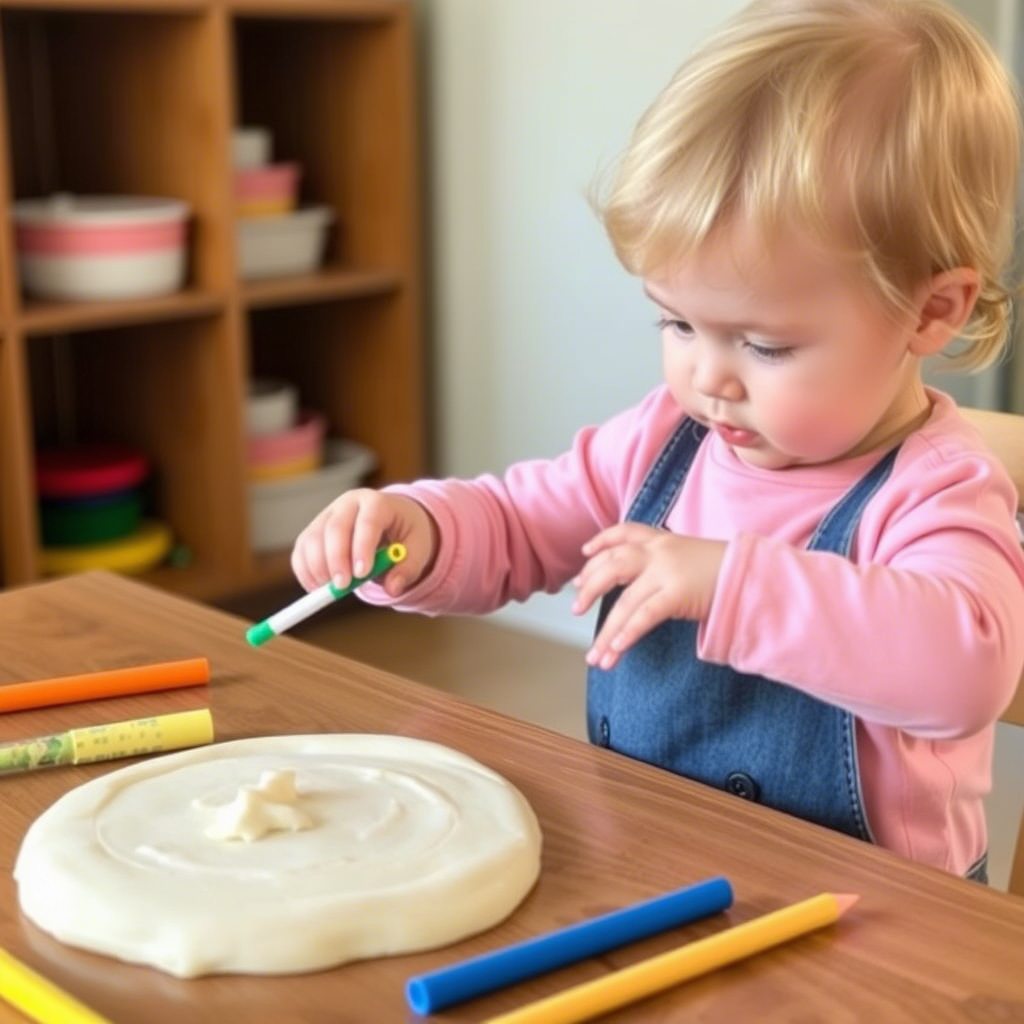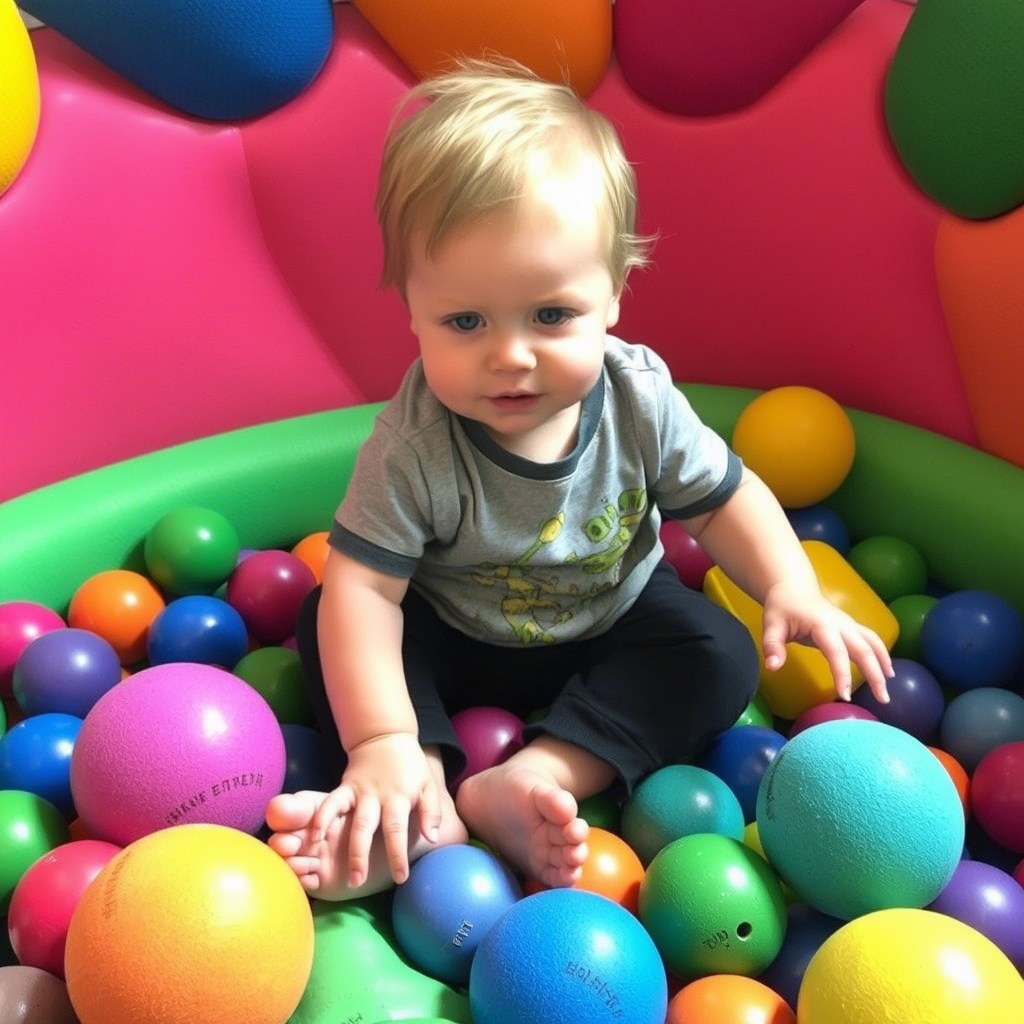25 Learning Activities For Babies And Toddlers: Fun Play Ideas To Boost Development
The early years of a child’s life are a period of rapid growth and development. During this time, babies and toddlers learn and absorb information at an incredible rate, making it a critical period for laying the foundations of future success. Engaging in play is not just a source of entertainment for young children; it’s a vital component of their cognitive, emotional, and physical development. Through play, babies and toddlers develop essential skills such as problem-solving, communication, and social interaction. In this article, we’ll explore 25 fun and engaging learning activities designed to boost development in babies and toddlers.
Sensory Play: Exploring the World Through Senses
Sensory play is crucial for babies and toddlers as it stimulates their senses, encouraging exploration and understanding of their environment.
Tactile Experiences
- Texture Exploration: Provide a variety of textures for your child to explore, such as playdough, sand, and water.

- Fabric and Material Play: Offer different fabrics and materials for your child to touch and feel, such as silk, cotton, and velvet.
- Ball Pit Fun: Engage your toddler in a ball pit filled with balls of different sizes and textures.

Cognitive Development: Building Problem-Solving Skills
Cognitive development is a critical aspect of a child’s growth, involving the development of problem-solving skills, memory, and decision-making.
Problem-Solving Activities
- Puzzle Play: Introduce simple puzzles that challenge your child to fit pieces together, enhancing problem-solving skills.
- Shape Sorting: Provide a shape sorter toy that requires your child to match shapes with corresponding slots.
- Stacking and Nesting: Engage your child in stacking blocks or nesting cups, promoting fine motor skills and problem-solving.
Language and Literacy: Fostering Communication Skills
Language and literacy skills are foundational for a child’s future academic success and involve developing the ability to communicate effectively.
Reading and Storytelling
- Interactive Reading: Engage your child in interactive reading sessions where you point to pictures and encourage them to name objects.
- Storytelling: Create simple stories with your child as the protagonist, encouraging them to predict what happens next.
- Rhyming Games: Play rhyming games that enhance phonological awareness and language skills.
Physical Development: Enhancing Motor Skills
Physical development is crucial for babies and toddlers, involving the enhancement of gross and fine motor skills.
Gross Motor Activities
- Outdoor Play: Engage your child in outdoor activities such as running, jumping, and climbing, which enhance gross motor skills.
- Dance and Music: Encourage your child to dance and move to different types of music, promoting coordination and balance.
- Ball Play: Play catch with your child or roll a ball back and forth, enhancing hand-eye coordination.
Creative Expression: Encouraging Imagination
Creative expression is vital for a child’s emotional and cognitive development, allowing them to express their thoughts and feelings.
Art and Craft
- Finger Painting: Engage your child in finger painting, allowing them to explore colors and textures. For a fun and cozy experience, consider dressing them in a comfortable boys coat to keep them clean and warm.
- Crayon and Paper: Provide your child with crayons and paper, encouraging them to draw and create.
- Play Kitchen or Store: Set up a play kitchen or store, encouraging role-play and imaginative play.
Conclusion
Engaging babies and toddlers in a variety of learning activities is crucial for their overall development. By incorporating sensory play, cognitive development activities, language and literacy exercises, physical development games, and creative expression, parents can provide their children with a well-rounded foundation for future success. For more ideas on dressing your child for play, you can explore kids’ clothing options. Remember, the key is to make learning fun and engaging, using play as a tool to foster growth and development. By doing so, you’ll not only enhance your child’s skills but also create lasting memories through play.

Comments